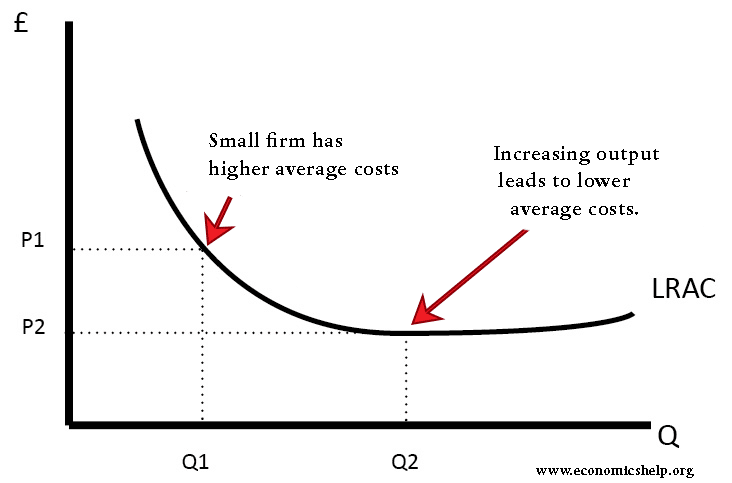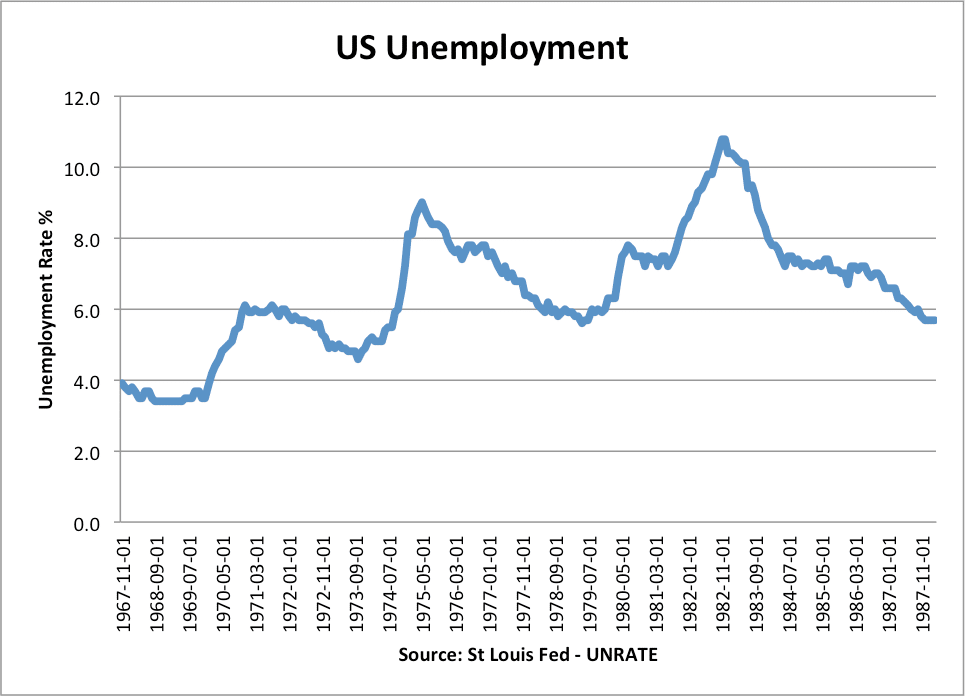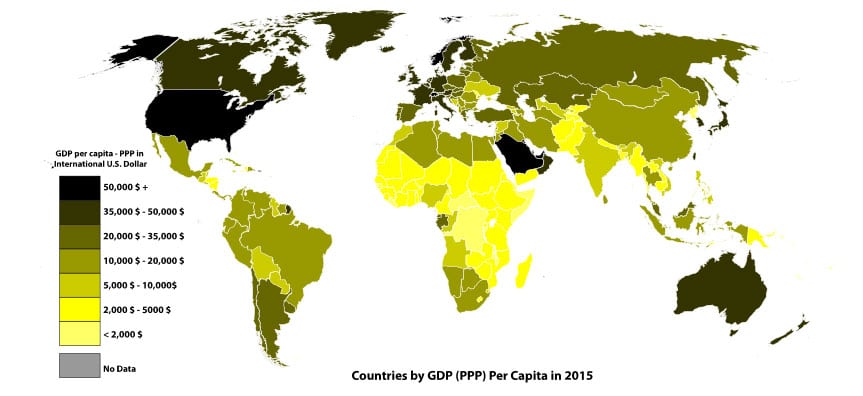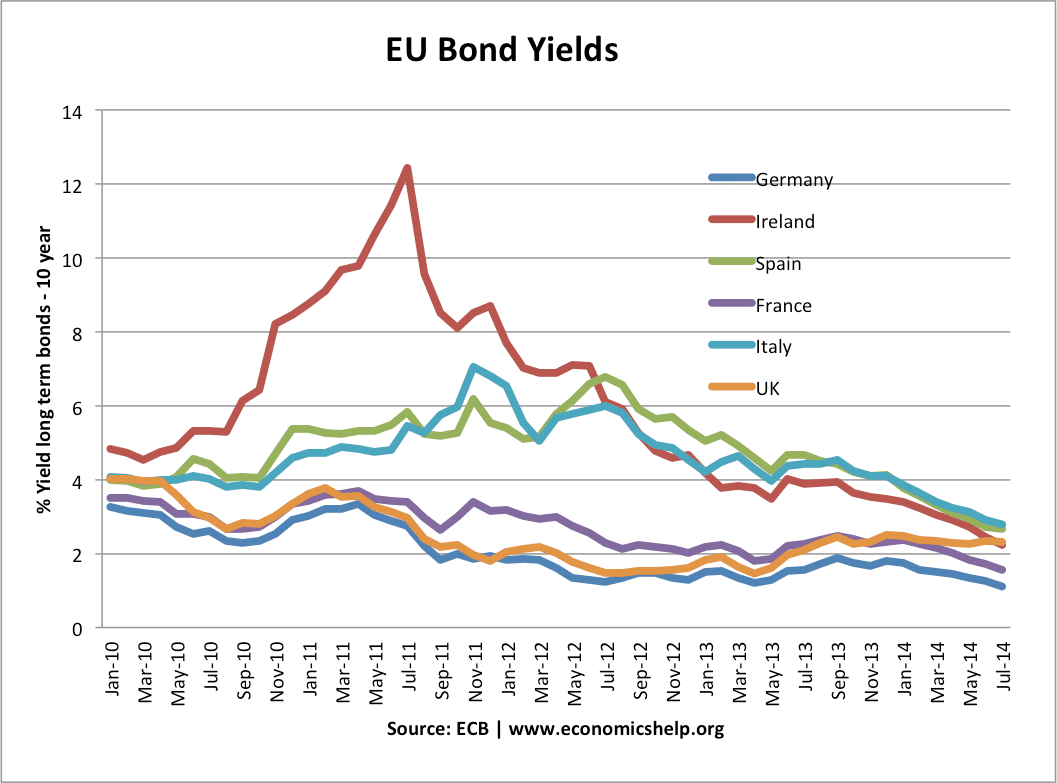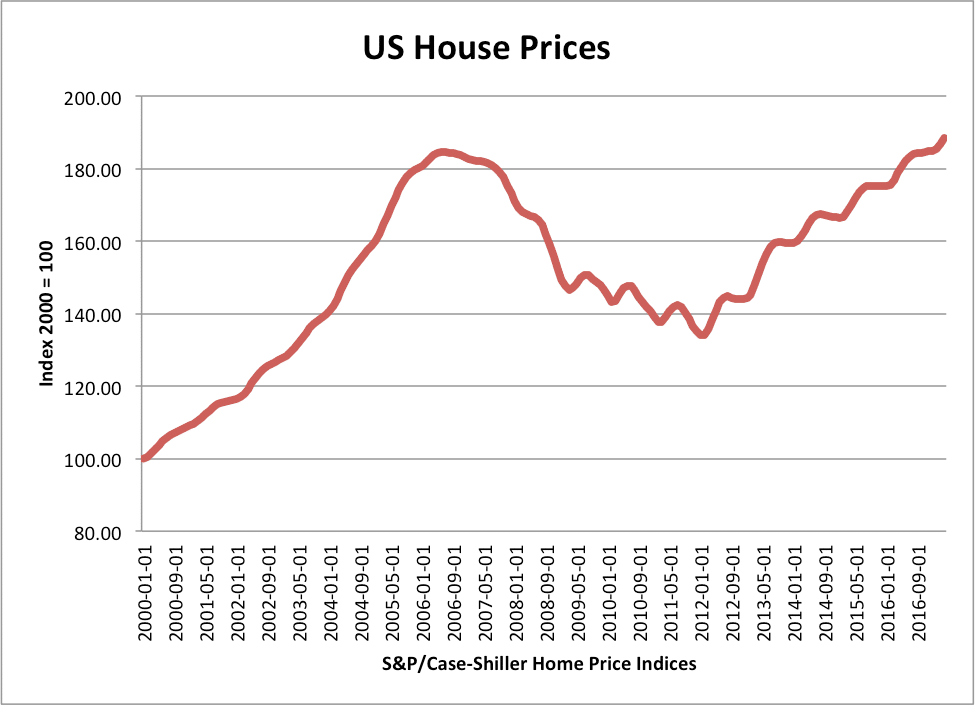Discuss why firms grow in size
Most firms seek to become bigger – increasing sales and market share. Firms can grow through internal expansion, external growth (merger) or diversification into related industries. The motives for increasing in size can include: Greater sales lead to greater profit, making the firm more attractive to shareholders Successful, growing firms are likely to increase salaries/pay …

